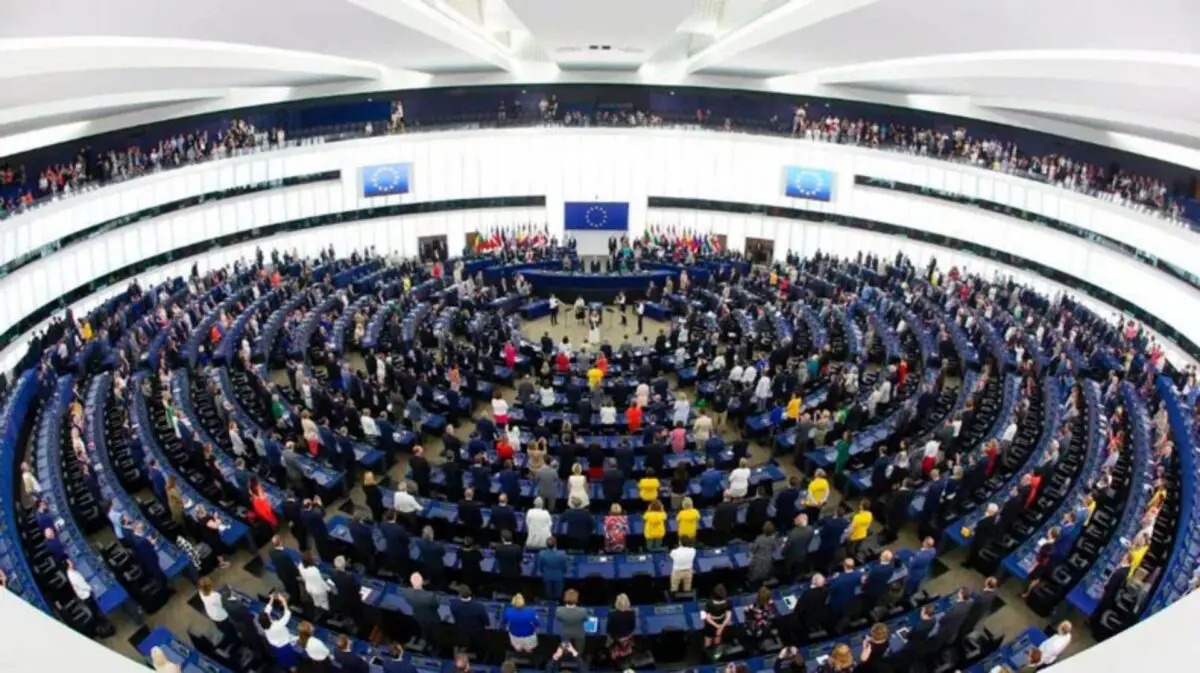The Committee on Constitutional Affairs adopted a series of proposals for a revision of the EU’s legislative process to strengthen EU democracy.
The right to initiate legislation is reserved almost entirely for the European Commission. Both the Council and the Parliament have an indirect right of initiative as they can request a legislative proposal from the Commission, which is not obliged to follow up. The Treaties grant Parliament a direct right of initiative only in specific cases, namely on rules for its own composition, European elections, and the duties of MEPs. The European Council is formally not a legislative body of the EU.
In the resolution adopted by the Constitutional Affairs Committee with 22 in favour, 5 against and one abstention, MEPs propose giving Parliament a “general and direct” right to initiate legislation, when the Treaties are next revised.
This would reflect the evolution of the EU’s institutions and restore balance to the EU’s institutional architecture, they say. Parliament’s right of initiative should be exclusive on matters where the democratic legitimacy and sovereignty of the European Union are concerned. The Commission could retain a concurrent right or keep a monopoly of legislative initiative in some areas, for example on budget matters. The Council could have a direct right of initiative in strictly defined areas, MEPs add.
Further changes to strengthen EU democracy
The committee calls for a new agreement with the Commission and Council to avoid deadlocks when Parliament uses its current right of initiative on institutional matters, such as the European electoral law.
MEPs say that the Council and the Commission have hampered Parliament’s right of initiative, for instance with Council’s stance following Parliament’s activation of the Article 7 procedure and the lack of proper response to MEPs’ proposal for a comprehensive EU values mechanism.
Other examples of institutional imbalance include the lack of ratification of the last electoral law reform, Council’s refusal to negotiate on Parliament’s right of inquiry (in violation of the Treaties), and the de facto assumption of legislative rights by the European Council in the area of freedom, security and justice, MEPs agreed.
Finally, the Commission has not responded appropriately to Parliament’s existing indirect right of initiative on most occasions in the past (despite the current Commission President’s fulfilled commitment to always follow up on Parliament’s proposals) and needs to be enhanced as well, possibly through a revision of the relevant interinstitutional agreements.
“Parliament must be able to propose legislation. In fact, the existing rights of initiative and monopolies demonstrate that the institutional architecture of the EU is ready for rights to be distributed in a different way. It is possible and desirable to establish Parliament’s general direct right of initiative, and this responds to the constitutional aspiration of a more democratically legitimate Union.”
The rapporteur Paulo Rangel (EPP, PT)
Next steps
The draft report is expected to be tabled at the 6-9 June plenary session in Strasbourg.







